Matrilineal societies are often mistakenly connected with female empowerment. In the development sphere, many assume that women in these societies have more rights and access to property. But in light of Rural Women’s Day (October 15), as an anthropologist, I feel the need to raise a red flag.
In recent years, there have been a number of studies looking at deeply rooted socio-cultural obstacles to women’s access to land and water resources in Africa. And most agree that matrilineal societies are in fact not necessarily empowering to women.
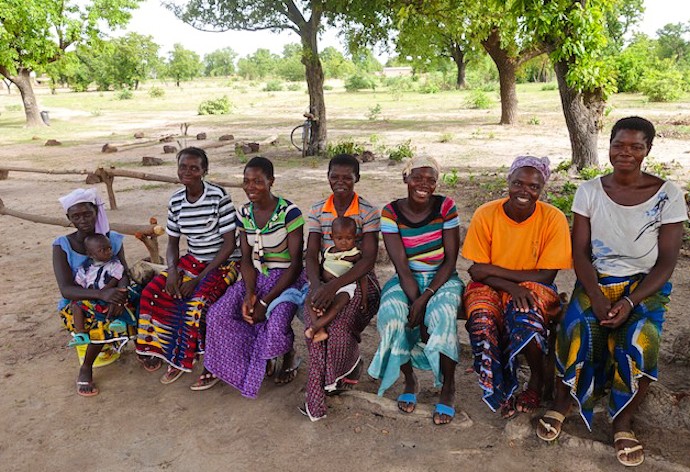
Understanding the term
The term ‘matrilineal’ is commonly mistaken for the similar-sounding term ‘matriarchy’. By definition, ‘matriarchy’ is a form of social organization where the power lies in the hands of women; this is rarely, if ever, the case. Whereas, matrilineal descent is an anthropological term that refers to a specific form of inheritance (quite often found in Africa) in which property is transmitted through female lineage. The key is acknowledging exactly which female lineage; property is not transferred from one woman to another but rather through a woman’s male kin. For example, ownership can be transferred from the mother’s brother to the nephew but by no means to women themselves.
When men (and women) in power say that women in a certain community are empowered because the society is matrilineal, it sets us on a dangerous path. It allows decision makers to assume that women in matrilineal societies already have the right to land ownership, without requiring any additional attention.
Women drive innovative change in Burkina Faso
I have been doing anthropological research in Burkina Faso since 2000. Matrilineal descent is a common practice in many areas of the country but, in recent years, I have been surprised to see positive change in matrilineal societies driven by women themselves.
In southwest Burkina Faso, women are finding inventive ways of working around deeply engrained social norms. For example, in matrilineal societies, women are starting to create opportunities for themselves to own land. Such movement is still in its early stages as I have only come across only two instances in the past 3 years of working on research for development projects.
One case is particularly inspiring. In the Bougouriba province, around the Bapla small water reservoir, lies the village of Moutori where matrilineal descent is practiced. Here, women are traditionally an object of clan transaction and exchanged for material compensation; they were perceived as community property. When their husband dies women are passed on as property and do not possess any property of their own.
It was thus both surprising and encouraging to hear that a group of women created a women’s farming association called Wountaa, which means ‘let’s get along’ in the local Dagara language. Established in 2014, it is one of the few women’s only associations in the province of Bougouriba.
I spoke with the group members in June 2015 and their president told me that they want to work on their own field. But they realized that changes in deeply engrained cultural attitudes take time; they were well aware that they could not persuade the men to simply give up large plots of the land overnight.
One of the more ‘enlightened’ husbands of the group agreed to let the women use one hectare of land for their activities. However, due to the gendered division of labor, women only knew how to do some types of farm labor. They, therefore, devised a system to share labor with men. The women’s male relatives agreed do the male part of farm labor and, in exchange, the women agreed to help the men with work on men’s land.
They decided to grow cowpea and plan to make use of the profit for the group’s future activities.
Since the Wountaa women only started working on their plot this June, they have a long way to go, but they are enthusiastic. The hope is that other women will follow their lead and create new associations of women farmers to show that they are just as capable of being responsible land owners as men. Maybe then they will be able to persuade the local land chief to allocate them a larger plot of land.
Strength in numbers
While matrilineal descent can be incredibly limiting for women, the case of women of Moutouri village shows that there is strength in numbers. Women organized in an association, have more mobilizing power that one individual. These women have found a way of working within an existing social system to make the first necessary step to self-empowerment - cultivating a plot of land in their own name, which for many women in their community still seems out of reach.
While they are far from officially owning the land, the have made significant progress, and are on the path to one day becoming land owners in their own right. Socio-cultural transformations take time and patience, but they are possible especially if they are supported by sensible and well thought-out public policies, like the 2009 land reform in Burkina Faso, which encourages women’s access to land. If more women follow in the steps of Wountaa by creating associations using their collective power, we can look forward to seeing many more positive transformations in matrilineal societies in the years to come.



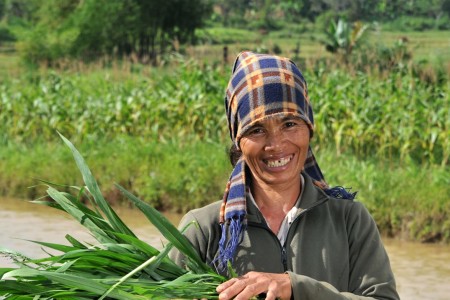
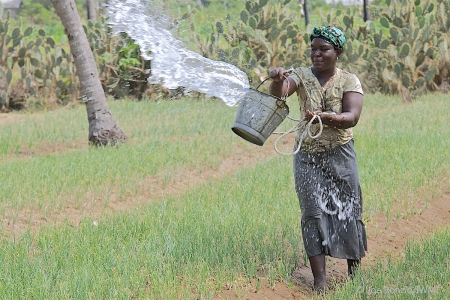


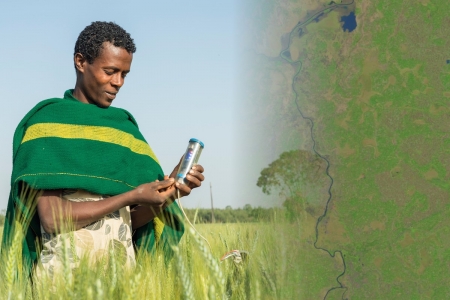




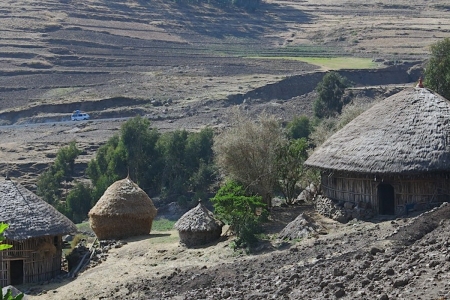
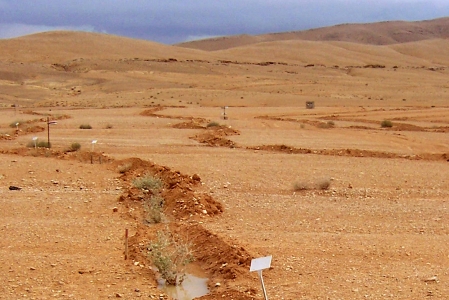



Comments
Hello Liza, Thank you for writing such an interesting Article. I happened to come across your article when I was looking for societies that practice a matrilineal system. Also it helped clarify the difference between Matriarchal and Matrilineal - an important difference that is not understood by many. In India there is a state named Kerala that practiced a matrilineal system for decades and was considered to be ahead of its times.
Thanks,
Divya
Hello Liza, and Divya,
Funny coincidence: like Divya, I came across this post while trying to better understand the distinction between matriarchal and matrilineal societies, specifically because I'm interested in how matrilineal descent has manifested in the south Indian state of Kerala (which people often erroneously refer to as matriarchal, at least in one particular community / caste).
I was especially interested to see you note that matrilineal descent can be limiting for women, and that property is not typically passed from woman to woman but through her male kin. I would love to hear your insights on how all of this has manifested in other parts of the world, specifically Kerala.
Thanks for your time and insights!